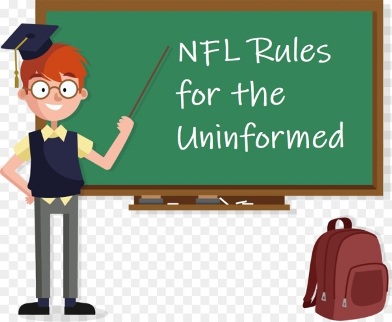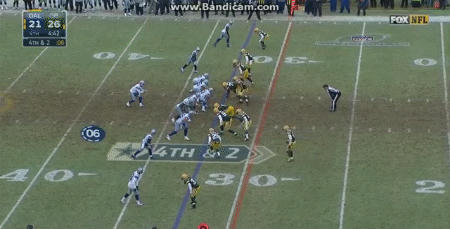It's about that time, isn't it?
The catch rules in their entirety from the 2014 Rulebook:
Article 3 Completed or Intercepted Pass. A player who makes a catch may advance the ball. A forward pass is
complete (by the offense) or intercepted (by the defense) if a player, who is inbounds:
a) secures control of the ball in his hands or arms prior to the ball touching the ground; and
b) touches the ground inbounds with both feet or with any part of his body other than his hands; and
c) maintains control of the ball long enough, after (a) and (b) have been fulfilled, to enable him to perform any act
common to the game (i.e., maintaining control long enough to pitch it, pass it, advance with it, or avoid or ward off an
opponent, etc.).
Note 1: It is not necessary that he commit such an act, provided that he maintains control of the ball long enough to do so.
Note 2: If a player has control of the ball, a slight movement of the ball will not be considered a loss of possession. He must
lose control of the ball in order to rule that there has been a loss of possession.
If the player loses the ball while simultaneously touching both feet or any part of his body to the ground, it is not a catch.
Item 1: Player Going to the Ground. If a player goes to the ground in the act of catching a pass (with or without contact
by an opponent), he must maintain control of the ball throughout the process of contacting the ground, whether in the field
of play or the end zone. If he loses control of the ball, and the ball touches the ground before he regains control, the pass
is incomplete. If he regains control prior to the ball touching the ground, the pass is complete.
Item 2: Sideline Catches. If a player goes to the ground out-of-bounds (with or without contact by an opponent) in the
process of making a catch at the sideline, he must maintain complete and continuous control of the ball throughout the
process of contacting the ground, or the pass is incomplete.
Item 3: End Zone Catches. The requirements for a catch in the end zone are the same as the requirements for a catch in
the field of play.
Note: In the field of play, if a catch of a forward pass has been completed, after which contact by a defender causes the ball to
become loose before the runner is down by contact, it is a fumble, and the ball remains alive. In the end zone, the same action
is a touchdown, since the receiver completed the catch beyond the goal line prior to the loss of possession, and the ball is
dead when the catch is completed.
Item 4: Ball Touches Ground. If the ball touches the ground after the player secures control of it, it is a catch, provided
that the player continues to maintain control.
Item 5: Simultaneous Catch. If a pass is caught simultaneously by two eligible opponents, and both players retain it, the
ball belongs to the passers. It is not a simultaneous catch if a player gains control first and an opponent subsequently
gains joint control. If the ball is muffed after simultaneous touching by two such players, all the players of the passing
team become eligible to catch the loose ball.
Item 6: Carried Out of Bounds. If a player, who is in possession of the ball, is held up and carried out of bounds by an
opponent before both feet or any part of his body other than his hands touches the ground inbounds, it is a completed or
intercepted pass.
So you see, there are no less than 6 different scenarios that when they occur, take precedence over the main catch rule, which is for when a player is upright. Going to the ground is the very first one. The precedence mechanic is very clear, especially in Item 6 where regular catch rules
can't be performed, so that rule determines what makes it a catch instead. Same for going to the ground where you then have to hold on to the ball after hitting the ground and the ball can't touch the ground. Heck, Dez is dead in the water according to Item 4 too.
But you will race past this too and continue screaming that he wasn't going to the ground. That's what all catch theorists
have to do because if they admit Dez was going to the ground the whole way like he was, they know it was a correct reversal of the call.






